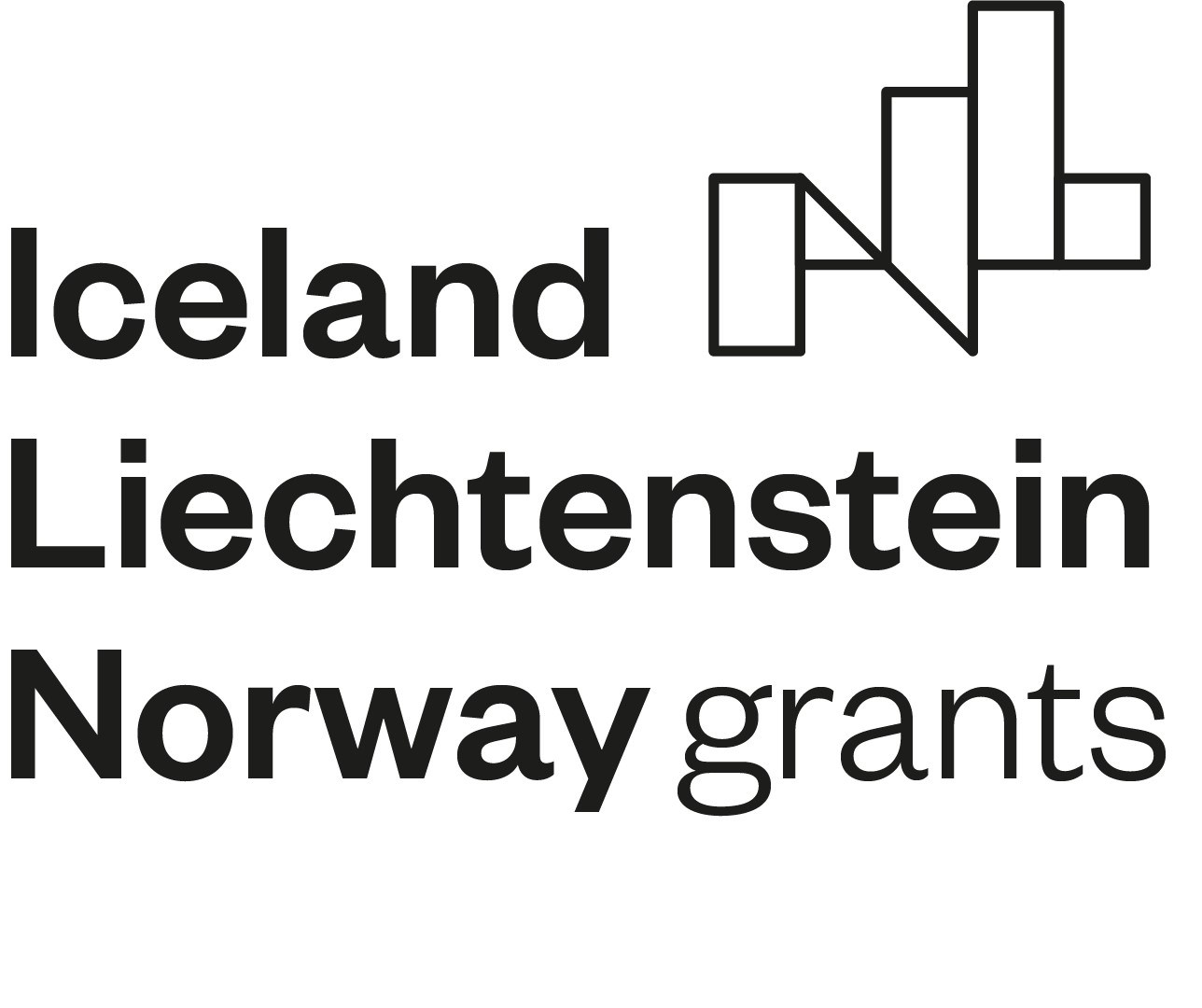ClockABC
ClockABC

Promoter: University of Beira Interior-Health Sciences Research Centre
Partners:University of Oslo (UiO), Translational Neurodegeneration Research and Neuropathology Lab (Pahnke lab)
Oslo University Hospital (OUS-HF), Department of Pathology, Section of Neuropathology Research (Pahnke lab)
EEA Grants: 13 500,00 €
Total Amount: 15 000,00 €
Grace Code: PT-BI102
Programme:What did this initiative focus on?
The development of therapies for central nervous system disorders is still a major pharmacological challenge. Efflux transporters (ABC transporters) expressed at the blood brain barrier (BBB) and at the blood-cerebrospinal fluid barrier (BCSFB), are main obstacles for the delivery of therapeutic compounds into the CNS, compromising the effective treatment of brain cancer, brain metastasis from peripheral cancers and many other neurologic diseases.
Reducing the expression and activity of these transporters while treating a brain disorder or choosing the time of the day when their activity is lower can improve the efficacy of treatments. Brain barriers have fine-tuned biological rhythms, so, it is likely that the efflux transporters expressed therein do also oscillate along the day. Knowing how they oscillate is critical for choosing the most appropriate time of the day for drug administration.
Our lab was pioneer in these type of studies in the BCSFB. Recently, we demonstrated the circadian rhythm of ABCC4 and its impact on the delivery of an anticancer drug (methotrexate) across the BCSFB. Now, we look forward to extending our studies to the BBB and to a larger number of ABC transporters and anti-cancer drugs in both barriers, to enhance the efficacy of medications and minimize their side effects.